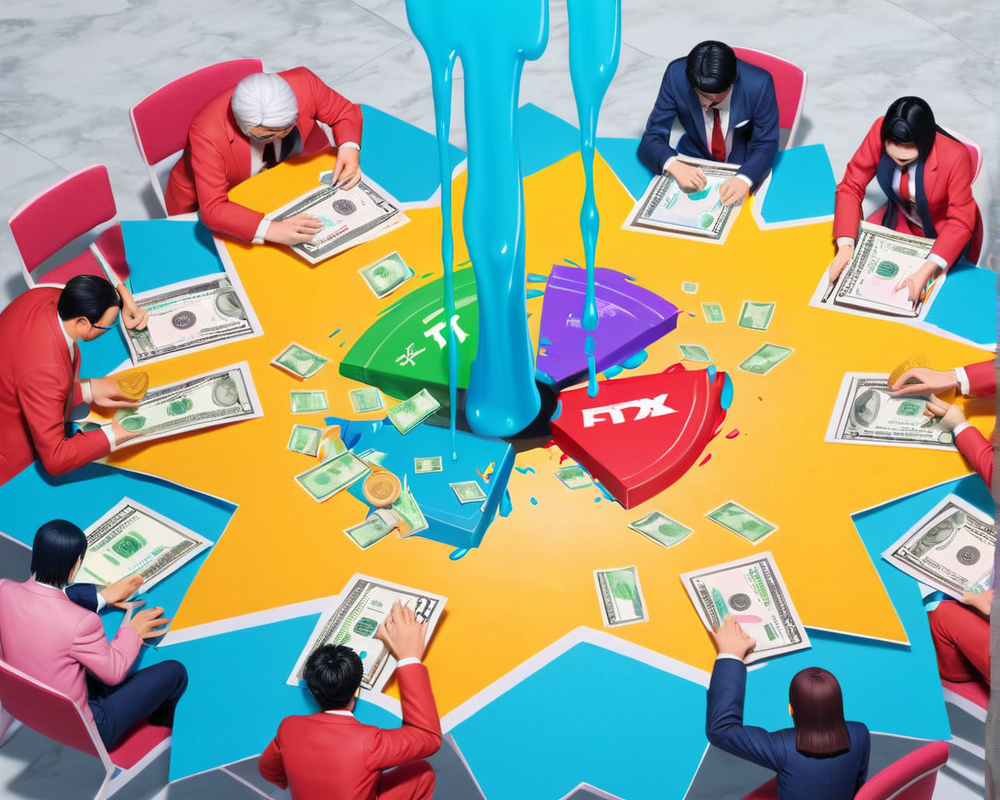The Battle of Quoine vs. B2C2: A Legal Showdown
In a pivotal case for the cryptocurrency world, the Singapore Court of Appeals has made waves with a decision that has both finance enthusiasts and legal experts buzzing. The court ruled that virtual currency exchange Quoine must pay damages to B2C2, an electronic market maker, over a series of transactions that were reversed back in April 2017.
What Went Wrong? A Glitch in the System
So, what caused this legal ruckus? It all started when B2C2, powered by their sophisticated trading bots, attempted to sell Ethereum (ETH) for Bitcoin (BTC). The price tagged was an astonishing 10 BTC for each ETH, a figure that was vastly inflated compared to the market reality at the time. To make matters worse, a software bug on Quoine’s end allowed this erroneous price to execute, leading to unintended riches for B2C2.
- 309 ETH sold for 3,092 BTC
- Quoine later deducted 3,085 BTC from B2C2’s account
The Court’s Perspective on Mistakes
Quoine argued that they were justified in reversing the trades, claiming a ‘mistake’ had occurred. But the court wasn’t having any of it. Chief Justice Sundaresh Menon and fellow judges made it clear that there was no valid reason to dismiss the orders. One judge, Jonathan Mance, dissented, but the majority ruled against Quoine, sending a strong message about accountability in the cryptocurrency sphere.
Implications of the Ruling
Why does this matter? For starters, it raises questions about the operational integrity of cryptocurrency exchanges. Can exchanges simply reverse trades due to software bugs? The court’s ruling suggests not. Also, these types of cases could become more common as cryptocurrencies continue to gain traction in mainstream finance, leaving room for similar disputes.
The Complicated Calculations Ahead
Although the Singapore International Commercial Court previously ordered damages, determining the exact sum to be paid has remained elusive. Factors like fluctuating Bitcoin prices and B2C2’s previous trades add layers of complexity to the calculations. In the end, Quoine faced the possibility of paying damages without being required to return the original BTC sum, highlighting just how convoluted cryptocurrency law can be.




